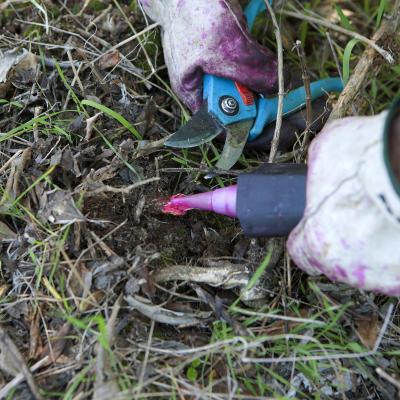Indigenous workforce
The pool of Indigenous workforce talent in the Darwin region
Finishing secondary school and post-school education are key determinants of employment status, income levels and income stability for all workers living in the Darwin region. This is also true for Indigenous workers who are in this area and are particularly attracted to jobs that involve caring for the health of people and country. Yet salary levels are generally less for Indigenous people than non-Indigenous people with similar education profiles. Indigenous women in the workforce also generally receive a lower salary than their male Indigenous counterparts with similar education profiles. Even so, Indigenous people have accessed a variety of education pathways to find jobs in the bush and in town and offer a vital pool of workforce talent in this Northern Australian region.
This pilot project directly supported recommendations from the Indigenous Reference Group to the Ministerial Forum on Northern Development and sought to examine if and how existing government data can support land and water management or development decisions that are of interest to Indigenous organisations and enterprises in the Darwin region. The approach used by the PEAN project team to ensure key representatives from Indigenous and government organisations in the pilot region could provide input into the analytical focus of this research was appreciated and valuable.






